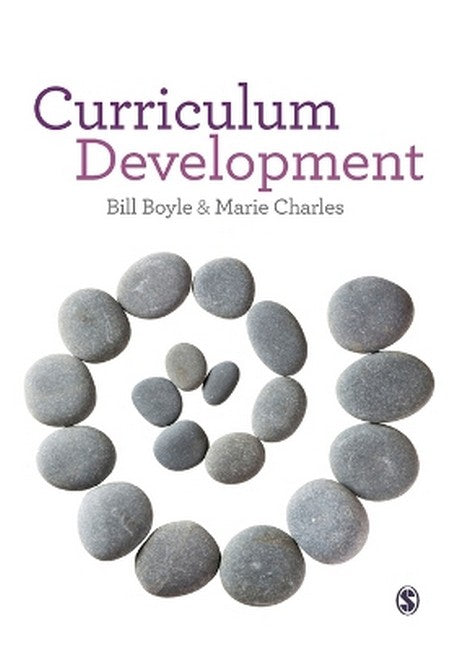Professor Bill Boyle was Professor of Education, held the chair of Educational Assessment and Director of the Research Centre for Formative Assessment studies (CFAS) in the School of Education at the University of Manchester, UK from 1989-2014. During that period he conducted research for and advised the UK government's Department for Education and Department for International Development. The CFAS is the oldest research centre(founded 1988) in the UK for supporting teachers, teacher trainers, schools and policy makers in using formative teaching, learning and assessment and is involved in supporting the development of formative assessment in UK and in many countries around the globe. Professor Boyle and his co-author, Marie Charles, publish their research work in academic and practitioner journals, present at international conferences and workshops, and design and support international developments in the pedagogy of formative teaching and in using learning assessments. Currently, they are working with colleagues in Russia, Armenia, Tajikistan, Kyrgyzstan, Belarus, Saudi Arabia and the USA on understanding, training and using formative strategies for more effective teaching and learning. Dr Marie Charles has experience as a teacher, researcher in formative pedagogy and race and inclusion and holds a PhD in Cultural Studies & Humanities. She is currently publishing on decolonisation and reframing the curriculum. Dr Charles is an author/researcher whose work demonstrates that she believes passionately in the development and empowerment of the learner (rather than measurement or grading) being at the centre of the education process - a belief that she carries into her teaching and consultancy practice.
Request Academic Copy
Please copy the ISBN for submitting review copy form
Description
Introduction Chapter 1 - Curriculum Evolution Chapter 2 -Developing a National Curriculum: Consultation Chapter 3 -Curriculum Development: Case Specific Chapter 4 -Curriculum Reviewing Criteria: Case Specific Chapter 5 -Science Curriculum: Case Specific Chapter 6 -Early Years Foundation Curriculum: Case Specific Chapter 7 -Balancing Raising Standards with a Well-designed and Broad Curriculum Chapter 8 -Integrating Subjects and Themes Chapter 9 -Curriculum Construction Chapter 10 -Curriculum and Assessment Chapter 11 -Assessment and Testing Chapter 12 -National Curriculum and Summative Testing
This interesting book provides those involved in curriculum development, enactment and evaluation with a useful overview and checklist of important themes that can support their work. These themes are informed by the author's involvement in a range of curriculum development experiences in the UK and elsewhere. Emphasis is placed on the broader goals of education, with a clear warning on the invidious impact of educational reforms that focus narrowly on attainment standards. -- Jim Ryder

